How Hotels Can Leverage ‘Social Proof’ to Increase Direct Bookings
Reading Time: 8 minutesPicture this scenario. You are at the theater and the curtain has just closed on the production. One person starts to clap, followed by another until the entire auditorium is filled with thunderous applause.
What would you do? You would probably clap too.
Nielson’s research shows that 70% of people will trust a recommendation from someone they don’t even know, while 92% of people are more likely to trust non-paid recommendations than any other form of advertising.
And that’s not all. Reviews even have the power to sway a customer’s decision after they have already advanced to the ‘purchase’ stage of the journey. World Travel Market reveals that 35% of social media users changed their hotel after browsing posts across a social platform. Furthermore, Kalibri Labs reveals that 1 in 3 people change their reservations after reading online reviews.
These numbers demonstrate the powerful impact of ‘Social Proof’ on customer engagement, conversions, and advocacy. But what exactly is ‘Social Proof’ and what does it mean for hoteliers specifically?
In this article, I outline the definition of ‘Social Proof’ and highlight how hoteliers can implement this message across their website to maximize customer engagement and increase direct reservations.
What is Social Proof and What Does it Mean For Hoteliers?
Whether we realize it or not, humans are pack animals that need one another and socialization to feel a sense of belonging. Our decisions are consciously or subconsciously influenced by the choices, opinions, and actions of the people around us.
Imagine yourself walking down a food and drink hotspot where you see Restaurant A and Restaurant B side by side. The former is packed with customers while the latter is empty. What would you think? I am almost sure that you would think that Restaurant A is a much better dining option than B.
Now, imagine you are inside the restaurant and don’t know what to order from the menu. You might say, “I’ll have what she’s having.”
Does it sound familiar to you?
As social creatures, we continuously look to our peers for approval and guidance. When making a purchase decision, our brain looks for a mental shortcut that will allow us to make a decision, pass judgment, or solve a problem quickly with the least amount of effort.
In other words, we look at what others are doing or have done to learn what is the best course of action to take ourselves. We need ‘Social Proof’ to reassure ourselves that we are making the right choices.
Psychologist Robert Cialdini writes in his bestselling book Influence: The Psychology of Persuasion, “Whether the question is what to do with an empty popcorn box in a movie theater, how fast to drive on a certain stretch of highway, or how to eat the chicken at a dinner party, the actions of those around us will be important in defining the answer.”
In short, Social Proof is a shortcut to decide how to act. Showcasing social proof on your hotel’s website can be your best friend when it comes to engaging online visitors and converting them into guests.
How Hoteliers Can Leverage Social Proof to Increase Direct Bookings
According to Google, when travelers start planning their trips, only 16% have decided which hotel to stay at. The same research shows that consumers visit an average of 18 websites via multiple devices across eight sessions before making a hotel booking.
Furthermore, a study by Fuel and Flip.to reveals that a staggering 87% of guests will visit a hotel’s website before making a reservation.
Showcasing Social Proof is one of the most powerful ways to make your hotel brand stand out because you will build trust and make the purchase decision much easier for online visitors and potential guests.
So how can hoteliers leverage Social Proof to generate more direct reservations? Here are 5 easy and effective ways to do it:
1. Turn Great Reviews into Website Testimonials
Testimonials from your guests provide reliable and unbiased insights about your hotel in the eyes of online visitors. In fact, reviews from your guests are viewed as more valuable to the other people than most of other marketing efforts from your hotel.
Research shows that reviews build credibility and trust. It’s no surprise that a Nielsen study found out that 70% of people trust consumer reviews. Furthermore, a study by TripAdvisor found that 77% of holidaymakers usually or always look at reviews before booking a hotel.
In addition, a survey by Podium found that 93% of respondents said reviews influenced their purchase decisions.
When publishing testimonials on your website, you should select the best online reviews from your guests, which can be found on Google, TripAdvisor or any other outlets you utilize for customer reviews.
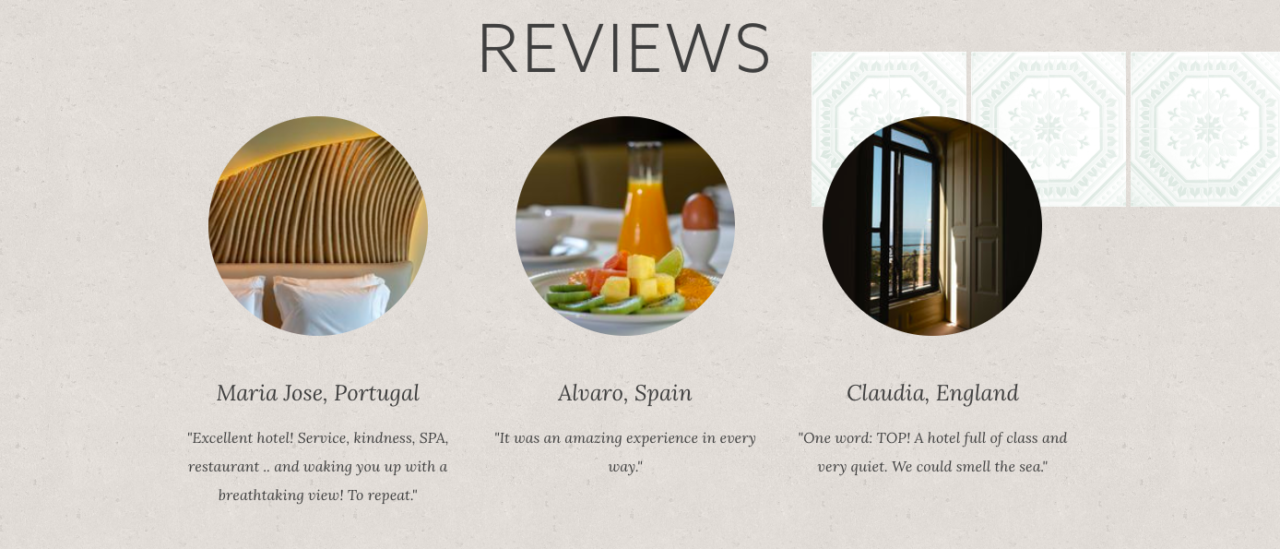
Choose people from your target markets so your potential guests can relate even more. Once you have compiled a number of relevant and impactful reviews, be sure to publish them on your homepage so that a guest testimonial (i.e. Social Proof) is one of the first things online visitors see when they land on your website.
2. Use Shopping Activation Widgets to Trigger the FOMO Feeling in Guests
We are all familiar with the fear of missing out (FOMO) on amazing events, social engagements, or opportunities that other people experience. With this in mind, you need to implement messaging on your website that resonates with the consumer’s desire to latch on to every opportunity before it slips through their fingers.
A dynamic widget informing visitors that a room was ‘Just booked’ or 14 people booked in the past hour’ can help to create this sense of urgency in customers. According to our own research, shopping activation widgets have been shown to lift direct bookings by nearly 50%.

FOMO is real and shopping activation triggers it, leading your potential guests to easily move forward to make a decision.

Below is an example of the impact of these urgency messages featured in website reservations in a 4-star city center hotel. During 2019, the widget originated 267 direct reservations which represented 796 nights and the equivalent to 185K in revenue.
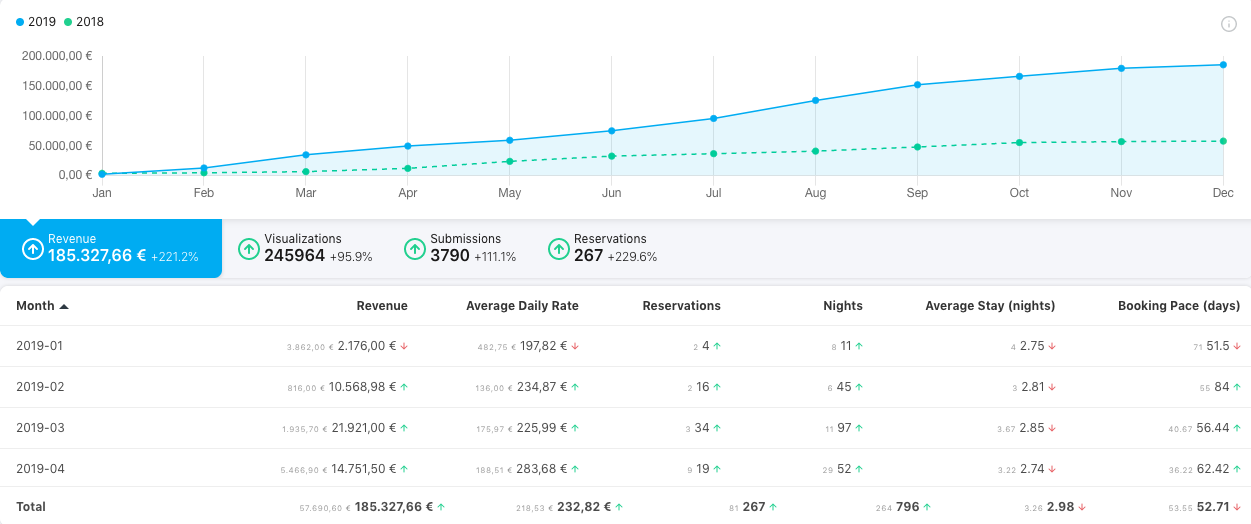
The impact of urgency combined with the approval of other guests gives your potential customer a compelling reason to decide and act.
According to Robert Cialdini, the father of social proof: ‘95% of people are imitators and only 5% initiators.’ The data regarding shopping activation proves this, meaning that people are persuaded more by the actions of others than by any proof we can offer.’
3. Humanize Your Hotel Brand With Photos That Showcase the Guest Experience
Let’s assume you have to decide between a few hotels that are all in the range price and location you want to visit. If you could only see one thing about the hotel before physically visiting the property, what would you choose?
We can bet that you thought of photos. Photos are an essential part of the customer journey for travel. According to a study by HRS.com and eResult, photos actually are the most important factor in choosing a hotel for 78% of travelers.

Photos can also be used to emphasize Social Proof on your website and humanize your brand. Several studies reveal that websites with images including facial characteristics are more positively received by users than images with no facial features or no human images at all.

Using photos as Social Proof will help guests relate to your brand and imagine how they would feel staying at your hotel. In short, it triggers this feeling: “Other people enjoyed this place. Maybe I will too!”
4. Make The Most of Your Press Page
Has your hotel ever been mentioned in the media? Magazines, Newspapers, TV segments, etc? If so, are you showcasing this coverage on your website? If not, then you should!
Imagine the same scenario mentioned earlier. You’re indecisive about a few hotels, all of them made your shortlist after your requirements, and all of them have great photos and reviews.
However, there is one that stands out. On one of the websites, you discover that the hotel has been featured in Condé Nast Traveler, Time, GQ, Vogue, Forbes and Financial Times. All these publications wrote about the hotel so what’s your following thought? This hotel should be really good!
People want to buy from brands they can trust and we’ve already come to the conclusion that just saying you’re trustworthy is not enough. Having a Press page on your website where you include the publications/articles/videos your hotel has been featured in, is a very clever tactic to demonstrate the legitimacy of your brand.
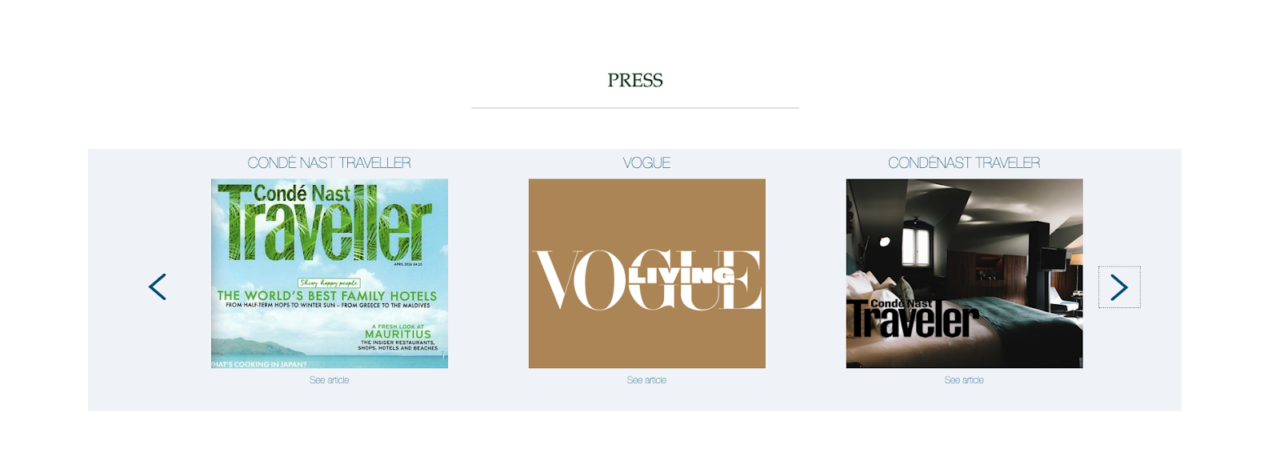
This also helps build Social Proof for your hotel, because again, it is an unbiased yet credible source that has validated your value. This can help your hotel to land more direct sales. The more prestigious and well known the publication is, the more valuable it will be to publish it on your site.
5. Highlight Awards and Quotes from Media
If your hotel has been featured on relevant media, a great way to make the positive coverage easier and more accessible to your visitors is by taking excerpts from these media mentions and publishing them on your homepage banner.
These are hotel’s stamps of approval from recognizable sources for your potential guests. It validates your brand and easily demonstrates to your guests that your hotel has evidence to support how good it is.
Here are a couple of examples of how hotels are profiting from this:
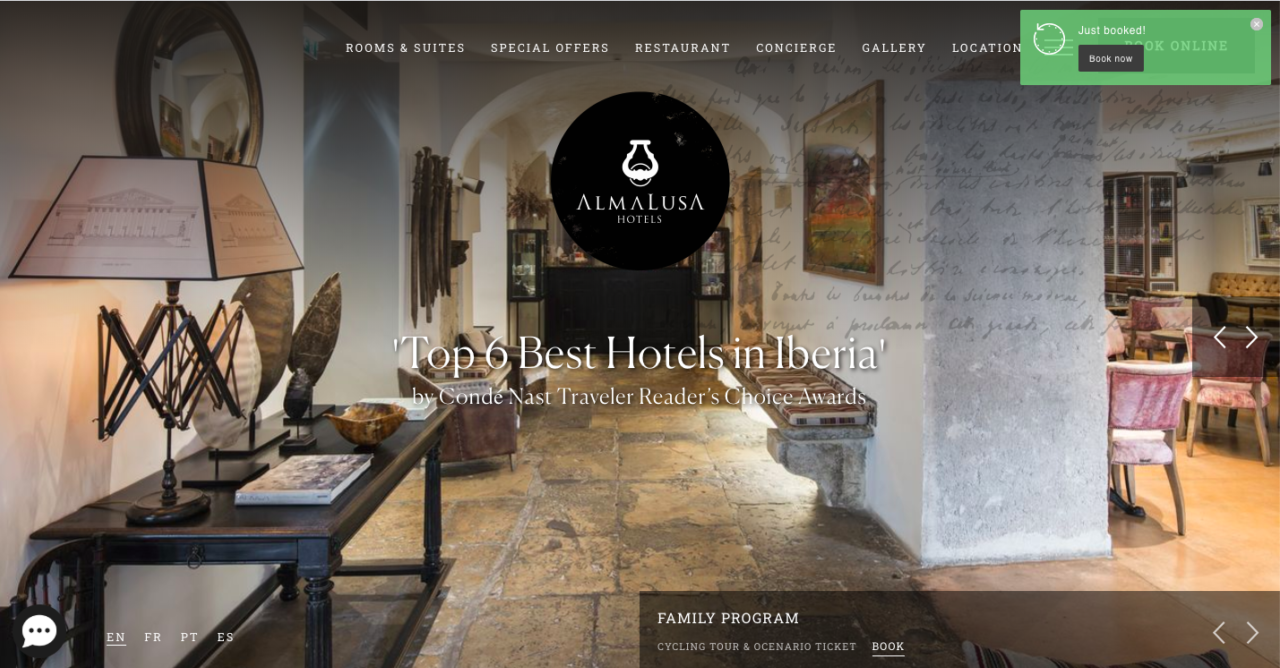
Award by Conde Nast – Almalusa Hotel
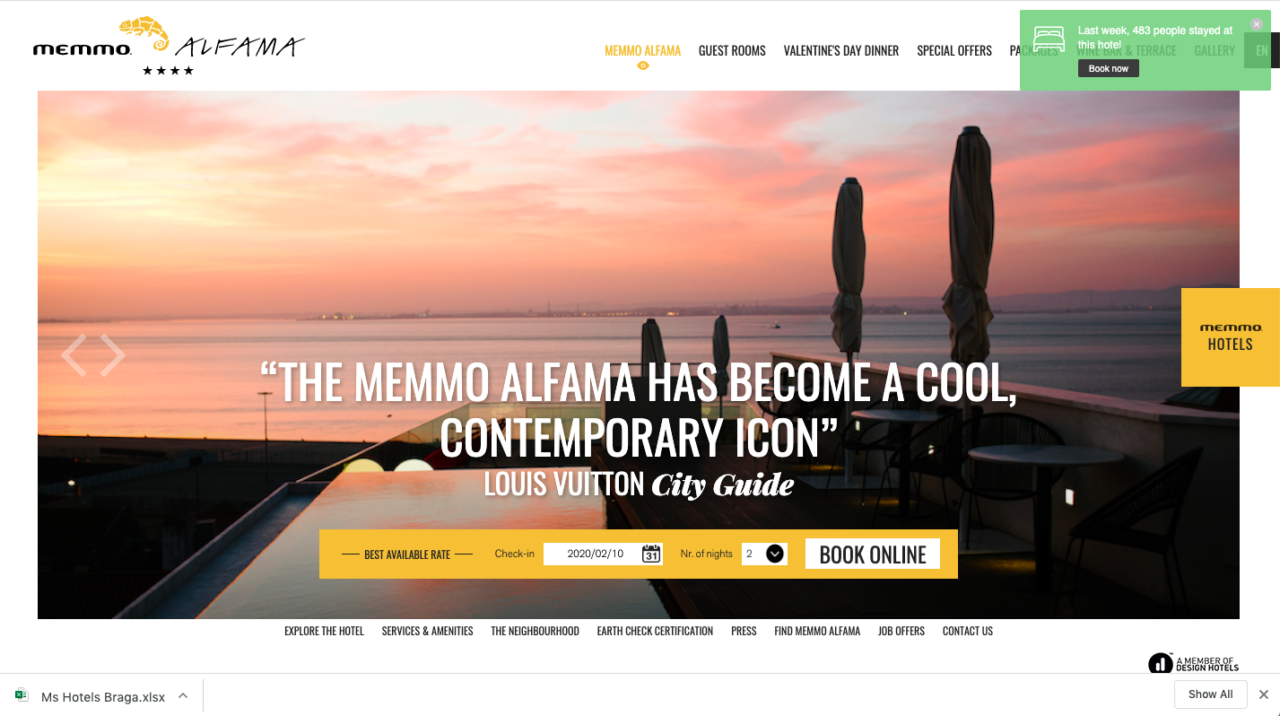
Quote by Louis Vuitton – Memmo Alfama
Humanizing Your Hotel Brand & Generating Repeat Customers With Social Proof
Nowadays booking decisions are being made based on much more than a brand’s narrative. Clearly, social proof is simply leveraging that innate psychological need we have for consensus and using it to your advantage.
This also includes turning negatives into positives by appropriately responding to bad reviews on your website. In fact, this form of social proof has been shown to lead to brand loyalty and repeat business for hotels.
Customers want to feel recognized when they have a negative experience, so an easy way to boost customer retention is to stay on top of responding to reviews—both positive and negative. Research by Fundera reveals that 57% of customers would stop doing business with a brand if they had a negative review go unaddressed.
According to research by Hotel Online, the cost of customer acquisition significantly outweighs that of customer retention. Furthermore, Rewards program software provider, smile.io reveals that 40% of a brand’s revenue is generated by repeat customers who represent just 8% of the total customer base.
Various studies show that repeat customers spend more money and more often. Another study found that a company’s top 10% of customers (who are repeat customers) spend 3 times more per transaction than the other 90% of customers.
And finally, there is nothing better than loyal customers when it comes to promoting your hotel brand and further empowering your Social Proof position. Loyal guests are more likely to spread the word about your hotel and do a great job of advertising, posting on Facebook or sharing photos of their stay with you across social media.
This not only fosters trust and attracts new customers, but loyal visitors will also give you better reviews online.
Social Proof Simplifies The Customer Journey
In conclusion, when you apply any of these 5 actions on your website and further humanize your brand by actually engaging with customers when they reach out to you, you’re catering to the basic underwiring of human beings. No matter how individual we think we are, we all have an inherent desire to conform: wanting social acceptance and making the best choices possible.
As Walter Lippmann said, “We all think alike, no one thinks very much.” Using social proof is the best way to simplify the customer journey and make them more likely to book directly on your website.
Why? Because social proof is the best way to make obvious for new visitors why your hotel is the right choice, and to keep guests returning to your hotel for more of the good stuff you have to offer.


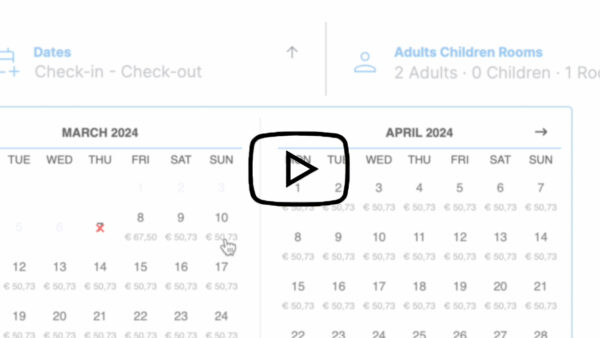

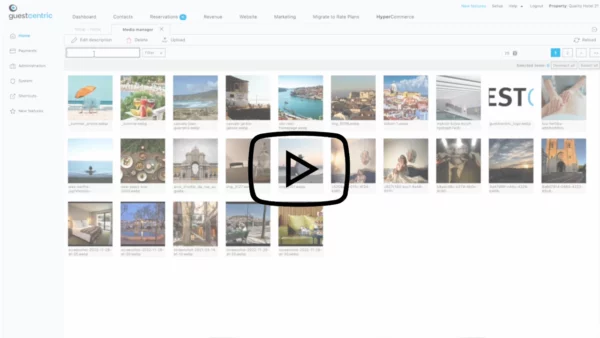
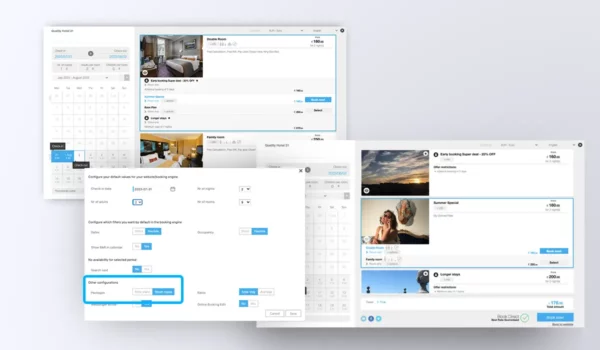
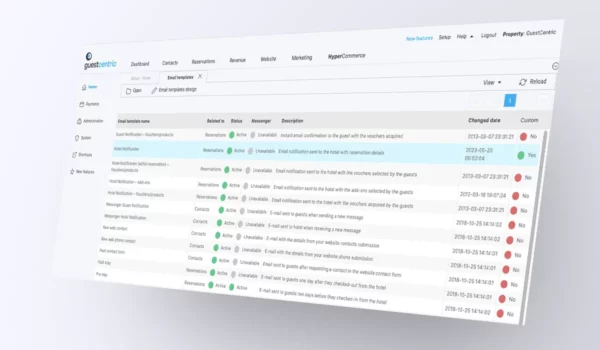

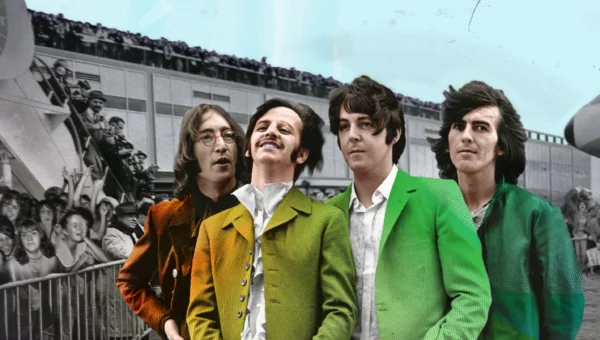







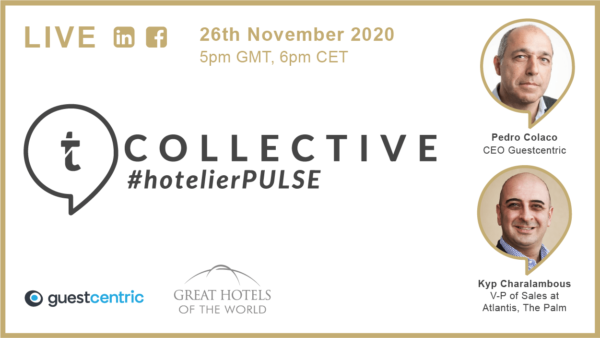
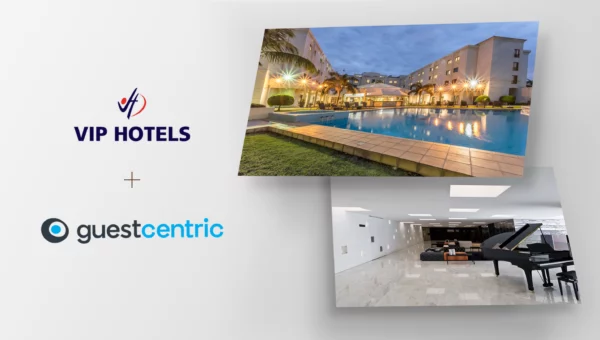
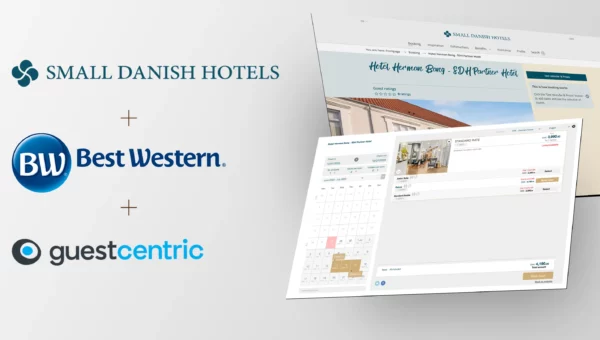

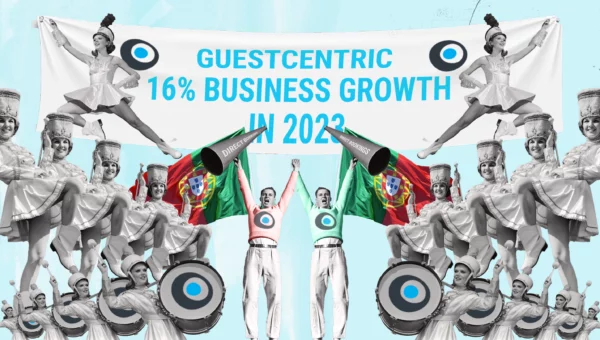

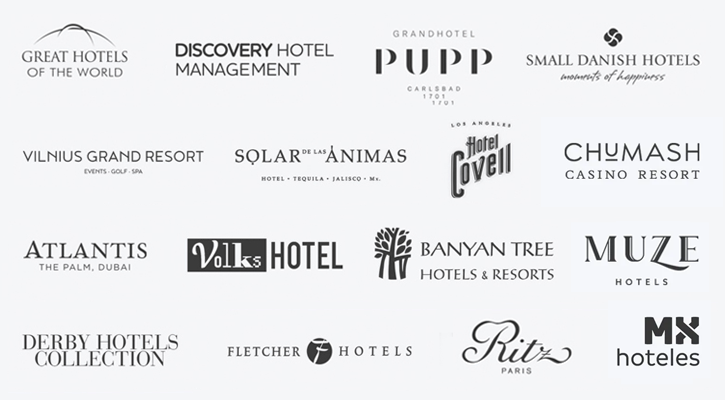
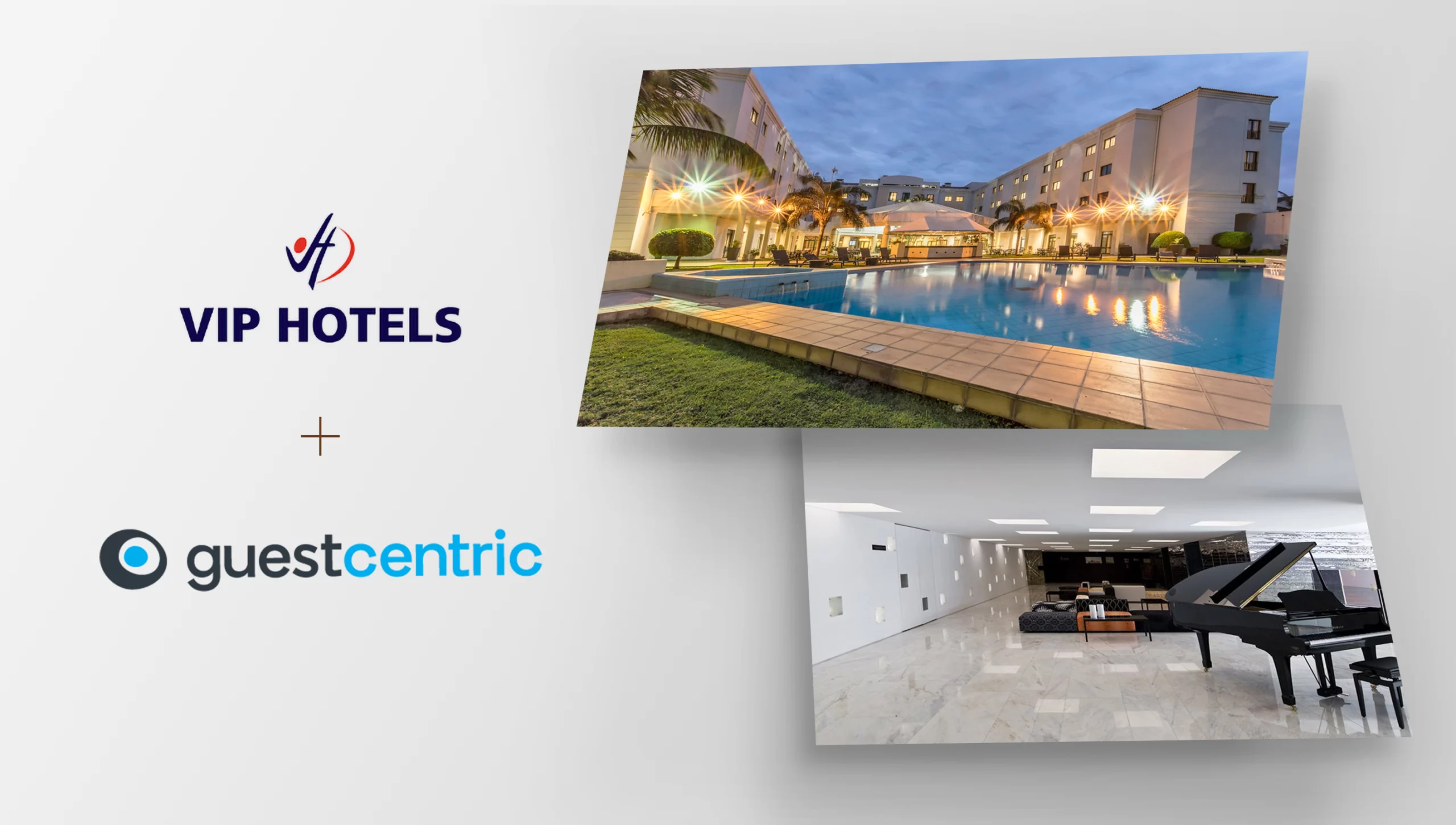
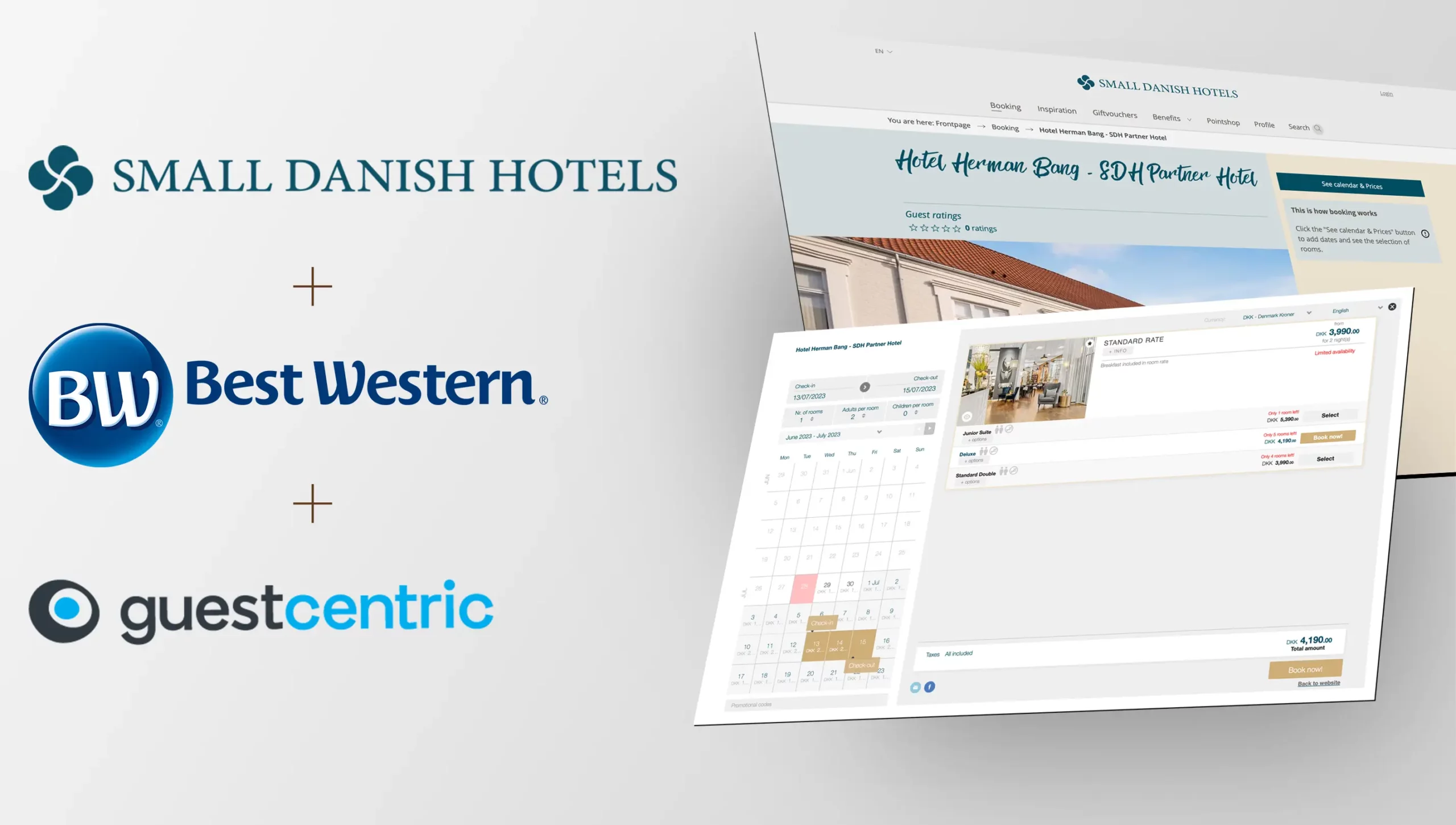
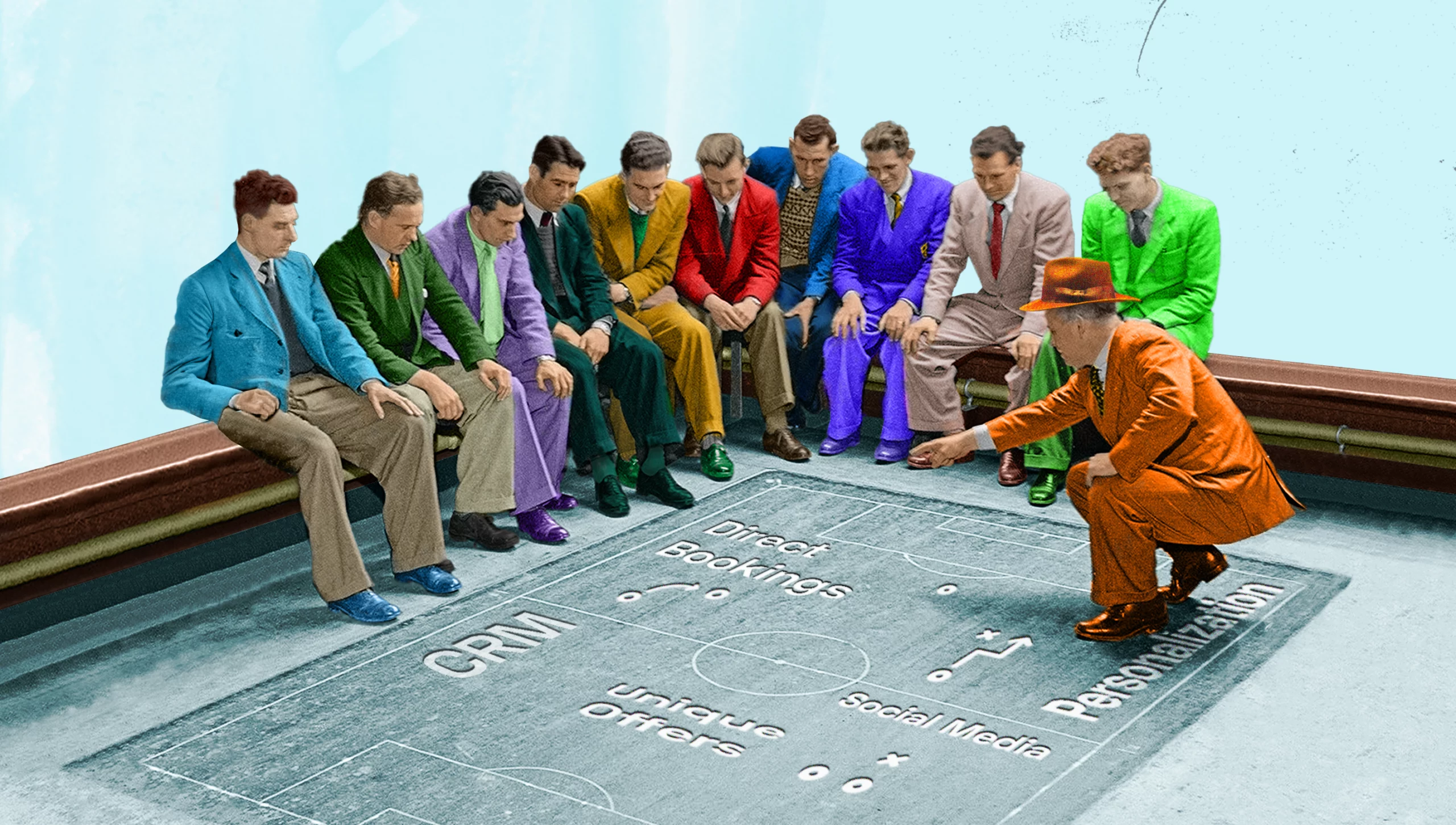
Elements of Style
Add review widgets to your website. Once embedded in your website, a widget will display your ratings and awards gathered from a certain review site. You can set up what reviews to show and how they are to be seen. Providing info from other platforms, widgets help keep customers at your website and as a result, increase chances of direct bookings .